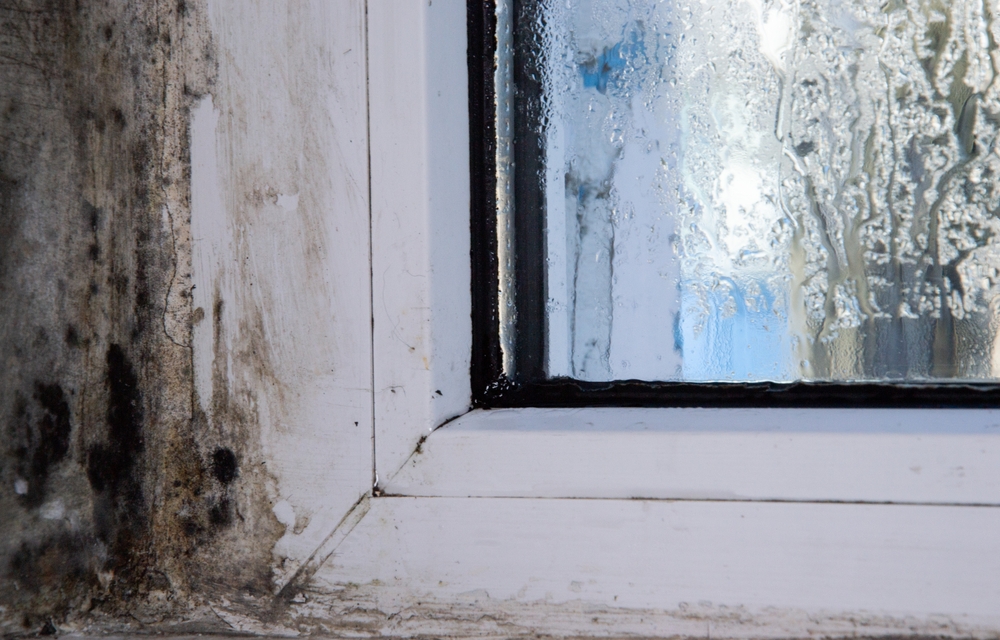The first stage of the Awabe Act comes into force today, meaning millions of social housing tenants across England will be protected by tougher new housing safety rules.
This landmark legislation forces social landlords to take swift and decisive action against unsafe living conditions, and the move has been hailed as a major step forward in tenant safety and housing responsibility.
The legislation covers all four million social rented homes in England and means tenants no longer have to wait months or even years for urgent repairs.
Under the new rules, immediate hazards must be resolved within 24 hours of being reported, and serious damp and mold issues must be investigated within 10 business days and safely addressed within five days.
Landlords are also required to notify tenants of test results within three working days and provide alternative accommodation if the property cannot be made safe within a set period.
A legacy born of tragedy
Awaab’s Law is named after two-year-old Awaab Ishaq, who tragically passed away in 2020 after being exposed to black mold for an extended period of time in his Rochdale home.
His death exposed deep flaws in the social housing sector, sparked national outrage and sparked a campaign led by his family to prevent similar tragedies.
The new rules aim to prevent other children and families from suffering the same fate.
Commenting on this landmark legislation, Housing Secretary Steve Reid said: “Everyone deserves a safe and decent home, and Awab Ishaq is a powerful reminder of how sadly this can be a matter of life and death.”
“Awabu’s family fought hard for change, and their commitment to protecting the lives of millions of residents will live on as a legacy to their son.
“Our changes will give tenants a stronger voice and force landlords to act urgently when lives are at risk, ensuring tragedies like this are never repeated.”
Health hazards due to moisture and mold
Experts warn that damp and mold are much more than cosmetic problems, posing serious risks to both physical and mental health.
Long-term exposure can cause respiratory illnesses such as asthma and bronchitis, and can worsen existing health conditions.
Children, the elderly, and people with weakened immune systems are especially vulnerable.
Studies have shown that living in a mold-infested environment can lead to chronic coughing, skin irritation, and even neurological symptoms in severe cases.
Mental health is also affected, with many tenants reporting stress, anxiety and sleep disturbances due to persistent dampness and the frustration of feeling ignored by their landlord.
The Awave Act directly addresses these risks by setting clear and enforceable deadlines to address mold at the source.
make the landlord responsible
Landlords who fail to meet the new standards will face significant legal repercussions, including court enforcement orders, compensation claims, and loss of rent if the home is deemed uninhabitable. The Government has made it clear that there will be no more excuses or delays.
This change represents a major shift in the way home safety is policed, placing the onus directly on landlords to act swiftly and transparently when dangers arise.
Empower tenants and build the future
Alongside the Awabe Act, the government has launched a £1 million fund to give tenants a stronger voice and improve communication with landlords.
Grants of up to £100,000 will be awarded to innovative projects such as digital engagement platforms, public awareness campaigns and tenant liaisons designed to replace outdated and inefficient communication systems.
Further stages of the Awab Act are expected to be rolled out in 2026-2027, extending protections to cover additional health and safety risks.
A turning point in public housing
As the Awabe Act takes effect, it sends a clear message that tenants deserve safe and healthy housing, and landlords must provide it.
What began as a family fight for justice has now become a defining moment in housing reform, transforming the way social housing is managed across the UK and protecting millions of lives for generations to come.
Source link

